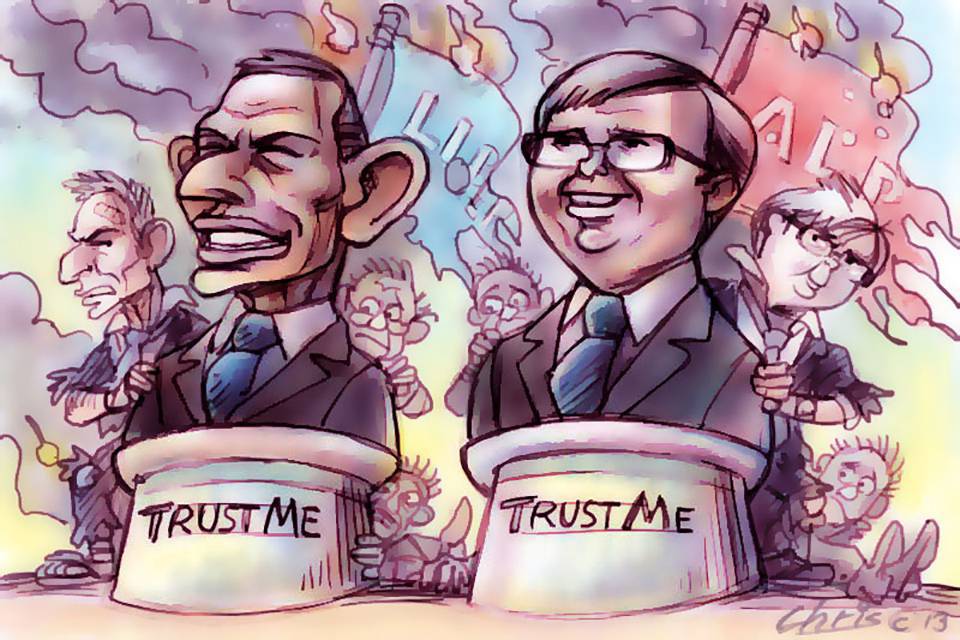Tanzania president Magufuli seeks second term as polls open
Tanzanians headed to the polls on Wednesday for presidential and parliamentary elections that President John Magufuli hopes will hand him another five-year term despite criticism from rights groups that the government has stifled political dissent. Magufuli's main challenger, opposition leader Tundu Lissu, was shot 16 times in 2017 in what remains an unsolved case.

Tanzanians headed to the polls on Wednesday for presidential and parliamentary elections that President John Magufuli hopes will hand him another five-year term despite criticism from rights groups that the government has stifled political dissent.
Magufuli's main challenger, opposition leader Tundu Lissu, was shot 16 times in 2017 in what remains an unsolved case. He returned from three years in exile in July. People turned out early to cast their ballots in the commercial capital of Dar es Salaam on Wednesday morning.
"The voting process is good, calm," local pastor Clement Fumbo told Reuters after voting. "I expect the election to continue to be peaceful, fair and free." Magufuli, 60, urged voters to turn out after he cast his ballot in the capital, Dodoma.
"Let me also implore that we maintain peace as there is life after elections," he said. Lissu, 52, told Reuters he was getting reports of widespread irregularities and his party's representatives were being prevented from entering polling stations.
"I am told turnout is massive," he said. "The only worry is these irregularities...we will not accept a rigged election." Many Tanzanians complained they were experiencing problems accessing social media platforms.
"Authorities are now trying to block VPN services," said ProtonVPN, an open source VPN provider, on Twitter. On Tuesday, both Twitter and Internet blockage monitor NetBlocks reported widespread problems.
"We're seeing some blocking and throttling of Twitter," Twitter said in a statement from its public policy account. In the semi-autonomous archipelago of Zanzibar, local media reported calm, after two days of unrest. Police said they used tear gas and arrested youths blocking the offloading of ballot boxes.
The opposition presidential candidate Seif Sharif Hamad was detained and later released as he tried to vote early on Tuesday. His party ACT-Wazalendo alleged that 10 people were shot dead by police. Police on Tuesday said they had no information about any deaths.
GROWTH AND JUSTICE Magufuli, nicknamed "Bulldozer" for his fondness of massive works and his reputation for getting his way despite opposition, has campaigned promising to turbocharge growth in East Africa's third largest economy with infrastructure projects. "We have told Tanzanians the importance of investing on transport infrastructure...for the betterment of this nation," Magufuli said on Tuesday in Dodoma at his last rally.
Tanzania has recorded average growth of close to 7% over the last four years, according to official figures, fuelled by billions of dollars spent on infrastructure including a new railway, a hydropower dam and planes for the national airline. The government projects economic growth of 5.5% in 2020 despite the coronavirus pandemic battering key sectors such as tourism. But the World Bank expect the economy to grow only 2.5%.
Lissu told his final rally in Dar es Salaam that he was confident of winning. "Tanzanians are hungry and thirsty for justice," he said.
More than 29 million people are registered to vote out of 58 million citizens. They will choose from 15 presidential candidates and elect lawmakers for 264 parliamentary seats voting in a first-past-the-post system. The ruling party CCM, a version of which has held power since independence in 1961, won the presidency with 58% of votes in 2015 and now holds about three-quarters of parliamentary seats.
The opposition and rights groups say authorities have cracked down on critical voices by closing down media outlets and banning public rallies during Magufuli's first term. Last week, a coalition of 65 international rights groups issued a letter accusing the government of harassing NGOs and abusing the power of the justice system.
"Tanzania's criminal justice system has ... been misused to target those who criticize the government," the letter read. Opposition parties said police disrupted their campaigns and electoral authorities disqualified dozens of their parliamentary candidates.
The government has previously denied any crackdown and the National Electoral Commission has rejected accusations of unfair treatment. (Editing by Katharine Houreld, Alexandra Hudson, William Maclean and Tomasz Janowski)
(This story has not been edited by Devdiscourse staff and is auto-generated from a syndicated feed.)
- READ MORE ON:
- John Magufuli
- Lissu
- Tundu Lissu










